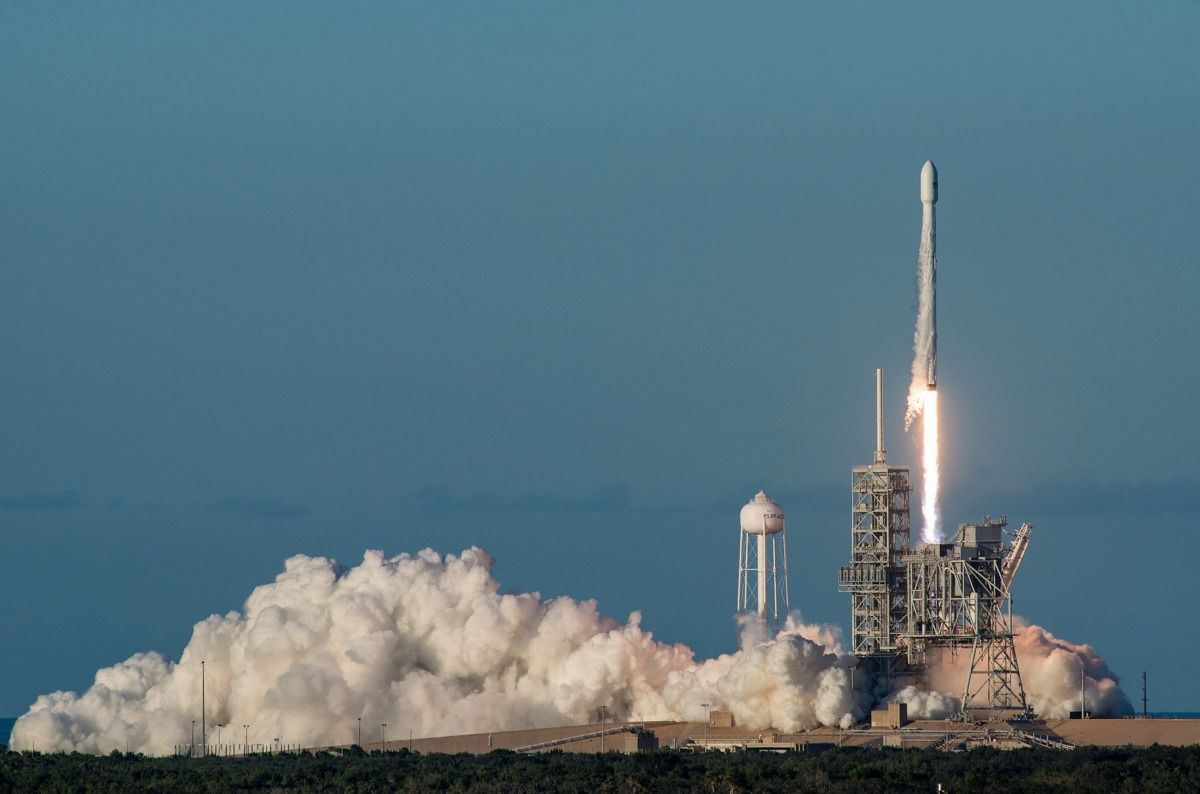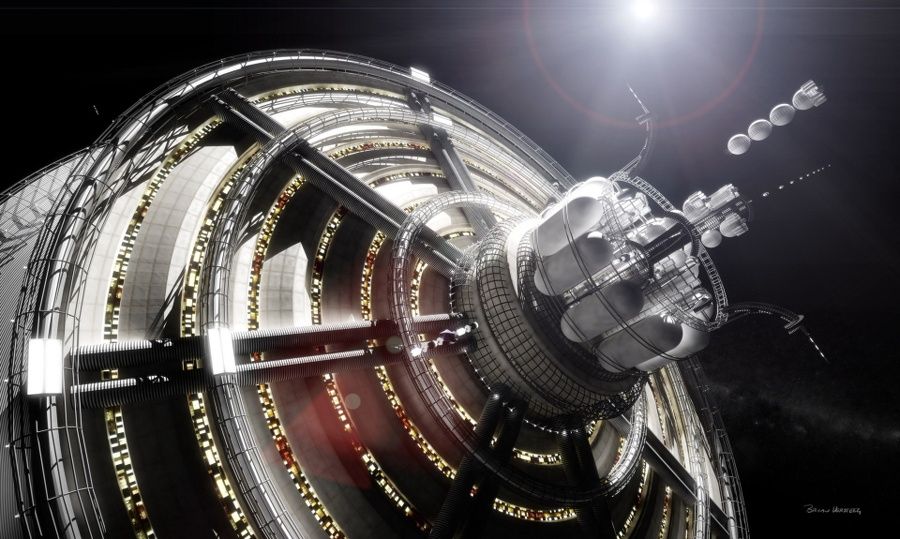Page 10026
Jul 16, 2017
First battery-free cellphone makes calls
Posted by Shailesh Prasad in category: mobile phones
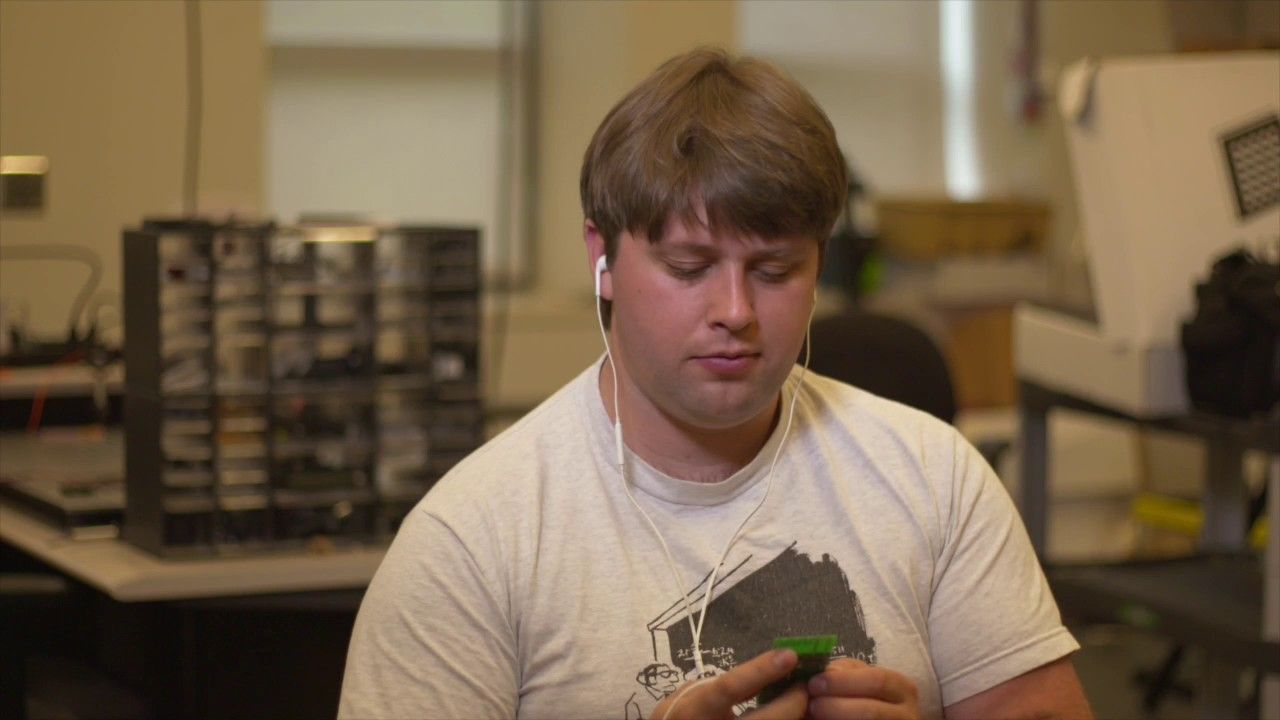
UW engineers have designed the first battery-free cellphone that can send and receive calls using only a few microwatts of power. Mark Stone/University of Washington.
University of Washington researchers have invented a cellphone that requires no batteries — a major leap forward in moving beyond chargers, cords and dying phones. Instead, the phone harvests the few microwatts of power it requires from either ambient radio signals or light.
Continue reading “First battery-free cellphone makes calls” »
Jul 16, 2017
Estonia becomes the first country in EU to approve delivery bots
Posted by Shailesh Prasad in category: robotics/AI
Read about ‘Estonia becomes the first country in EU to approve delivery bots’ on element14.com. Estonia and a number of other countries are ready to embrace delivery bots; other places not so much. Will these adorable bots be rolling down a street.
Jul 16, 2017
Will SpaceX become the world’s biggest telecoms provider? Probably
Posted by Klaus Baldauf in categories: drones, Elon Musk, robotics/AI, space travel
(This is a followup post to three earlier posts on forecasting. The first in May 2015 forecast both blimp-based and dedicated building-based drone deployments (later patented by Amazon); The second in October 2015 largely predicted Elon Musk’s Tesla Masterplan Part Deux by 9 months, the third in July 2016 among other things correctly hypothesised the use of Model X falcon wings for future possible Tesla bus designs. I try to get it right but I mainly enjoy the idle speculation).
I was recently in San Francisco and had a very random number of drinks with two very friendly employees of US telco AT&T. As is often the case I turned the conversation towards autonomous vehicles, and more specifically two of Elon Musk’s companies, Tesla and SpaceX.
I was curious about how cars, such as a Model S, have much greater data connectivity needs than ever before. Right now, Teslas connect to AT&T’s network and it seems clear that data needs will only increase for data hungry vehicles that drive themselves. Already Tesla cars consume quite a few gigabytes of data per month.
Continue reading “Will SpaceX become the world’s biggest telecoms provider? Probably” »
Jul 16, 2017
Altering Macrophage Types to Treat Parkinson’s
Posted by Steve Hill in categories: biotech/medical, life extension
A new approach to Parkinson’s alters immune cells to favour healing.
As we reported in an article yesterday, researchers are becoming increasingly interested in the potential of changing the ratio of types of macrophages present in the body to facilitate tissue regeneration and healing.
This is a line of research that covers a number of topics, including aging, regeneration, tissue repair, and inflammation. Over the last year or so we have seen a number of publications focusing on altering populations of macrophages to elicit repair and regeneration of tissues, which is a positive sign that things are moving forward.
Continue reading “Altering Macrophage Types to Treat Parkinson’s” »
Jul 16, 2017
Kalpana One: My New Vision Of Space Settlement
Posted by Klaus Baldauf in categories: habitats, space
As an artist and science/tech enthusiast who has spent most of his life imagining the future of public spaces, homes, cities, and the effect of technological innovations on each, I’ve always tried to project a logical but optimistic path for human progress. Not just where we may go, but why we would go and what it would be like once we got there.
To me, space is a logical step in our collective path. Humans have always wanted to climb the next hill or sail uncharted waters to see what awaited us over the horizon. We have spread to all ‘corners’ of this earth, at times to the detriment of the life that was already there. In space, we fulfill an entirely different role. When we build a space station and bring life to it, we are actually “planting” a beautiful habitat is where once there was none. This is what inspired me to imagine these spaces.
Jul 16, 2017
US-Australia had a successful Mach 8 HiFire 4 hypersonic missile test last week
Posted by Klaus Baldauf in categories: military, space
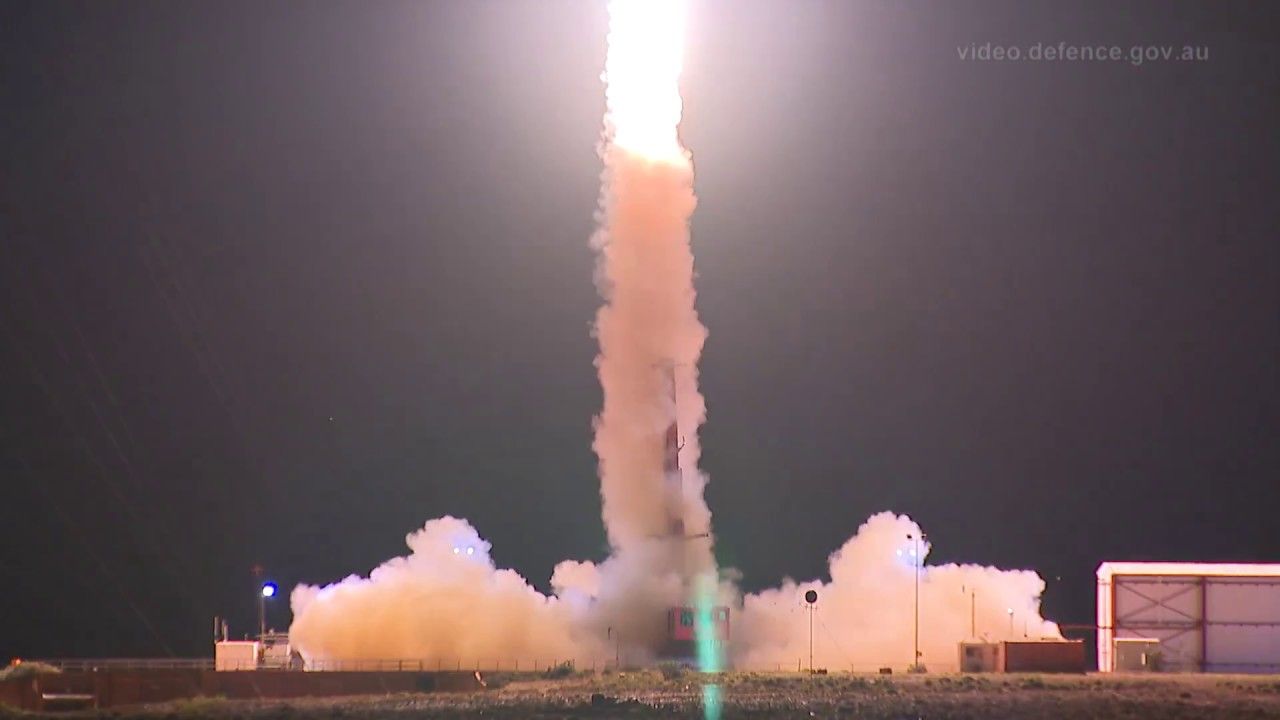
https://youtube.com/watch?v=PPOK3R-JtwI
The US-Australia Hypersonic International Flight Research Experimentation (HiFIRE) program had at least one successful hypersonic flight at Woomera testing range in South Australia last week. A round of experiments concluded on 12 July, confirmed Australian defense minister Marise Payne.
UQ hypersonics researchers collaborated with the Defence Science and Technology Group (DST Group) and US Air Force Research Laboratory (AFRL), Boeing, and BAE Systems for test flights in July 2017. This vehicle is a free-flying hypersonic glider, designed to fly at Mach 8 (8000 km/hr). It is designed to separate from its rocket booster in space and perform controlled manoeuvres as it enters the atmosphere. The test flight was intended to enable learning about how to fly a hypersonic vehicle at high altitude.
Continue reading “US-Australia had a successful Mach 8 HiFire 4 hypersonic missile test last week” »
Jul 16, 2017
Google’s DeepMind AI just taught itself to walk
Posted by Shailesh Prasad in category: robotics/AI
Jul 16, 2017
NGA 2017 SUMMER MEETING — Introducing the New Chair’s Initiative “Ahead of the Curve”
Posted by Brett Gallie II in categories: Elon Musk, robotics/AI, space travel
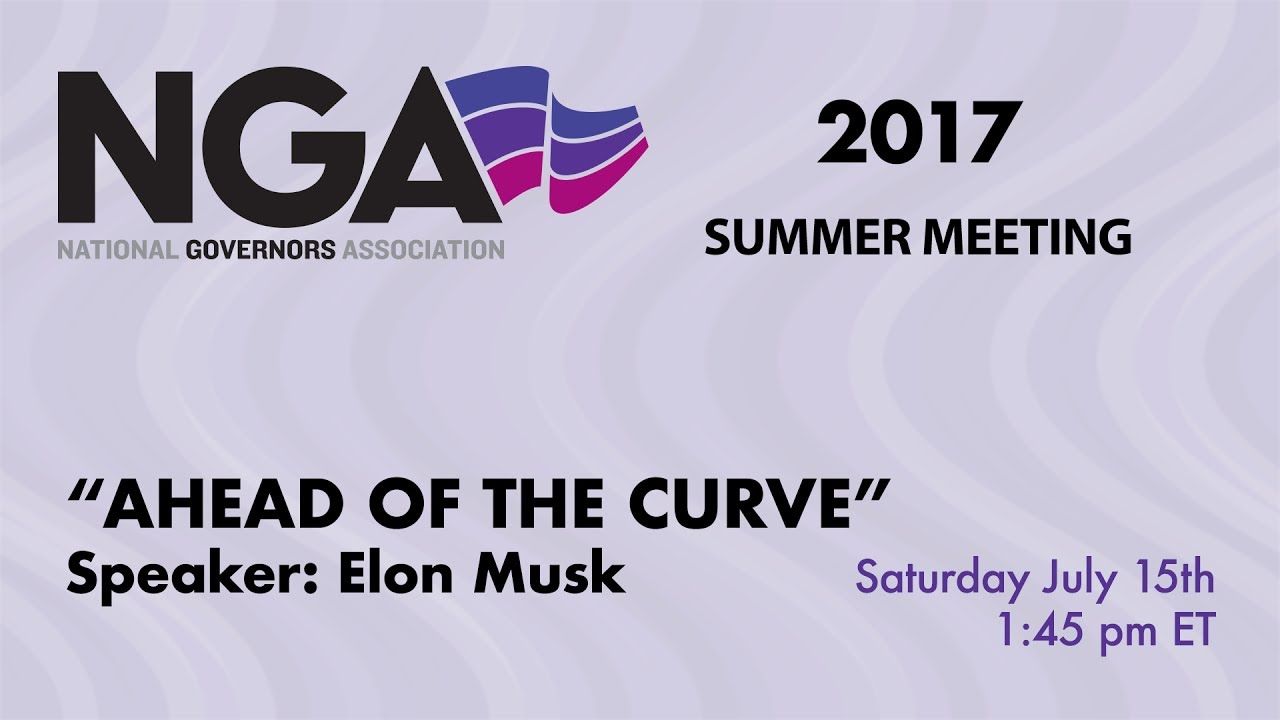
Breaking : Elon Musk’s ideas on SpaceX DeepMind Tesla and The Dangers of #AI #Robots #Armageddon caused by AI & ideas for NASA — National Aeronautics and Space Administration (starts at 42mins in video).
Closing Plenary Introducing the New Chair’s Initiative “Ahead of the Curve”
Jul 15, 2017
Our economy is increasingly ruled by a few standout tech firms, and that’s not a good thing
Posted by Derick Lee in categories: business, economics
Our economy is increasingly ruled by a few dominant firms. We see them everywhere, from established giants Amazon, Facebook, Google, Apple, and Walmart to fast-growing newcomers like Airbnb, Tesla, and Uber. There have always been large companies and outright monopolies, but there’s something distinctive about this new generation of what some economists call superstar companies. They appear across a broad range of business sectors and have gained their power at least in part by adeptly anticipating and using digital technologies that foster conditions where a few winners essentially take all.
Superstar companies are dominating the economy by exploiting a growing gap in digital competencies.


